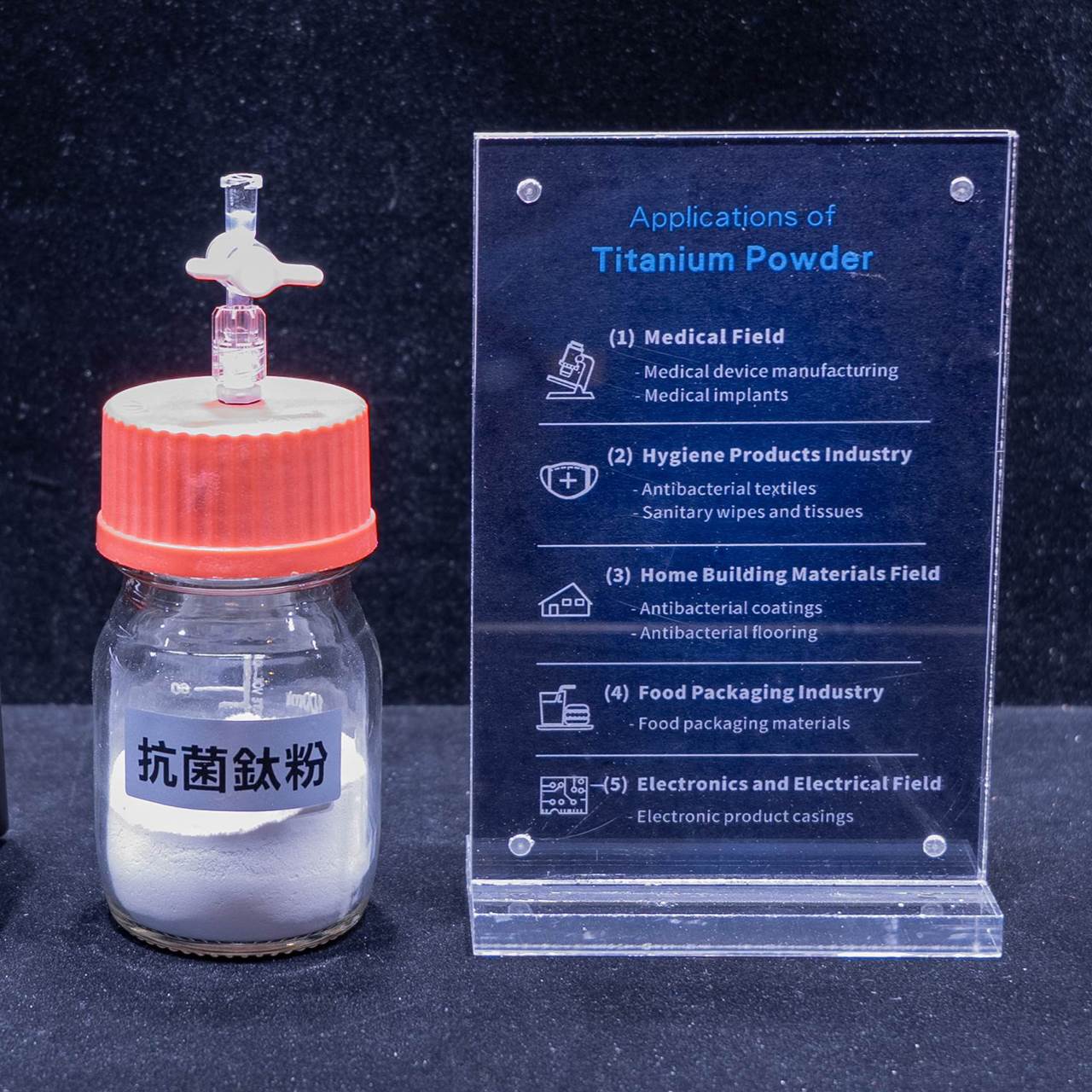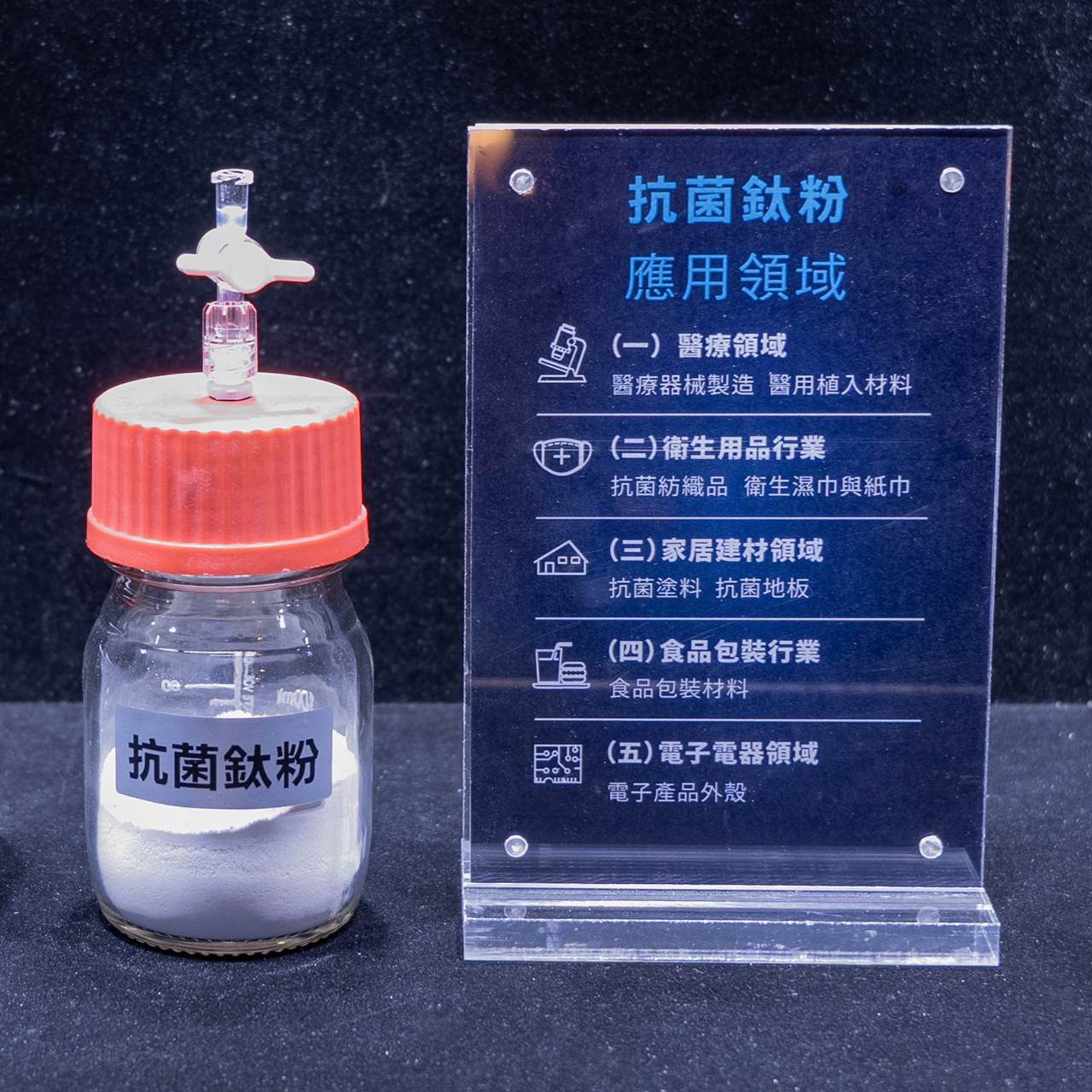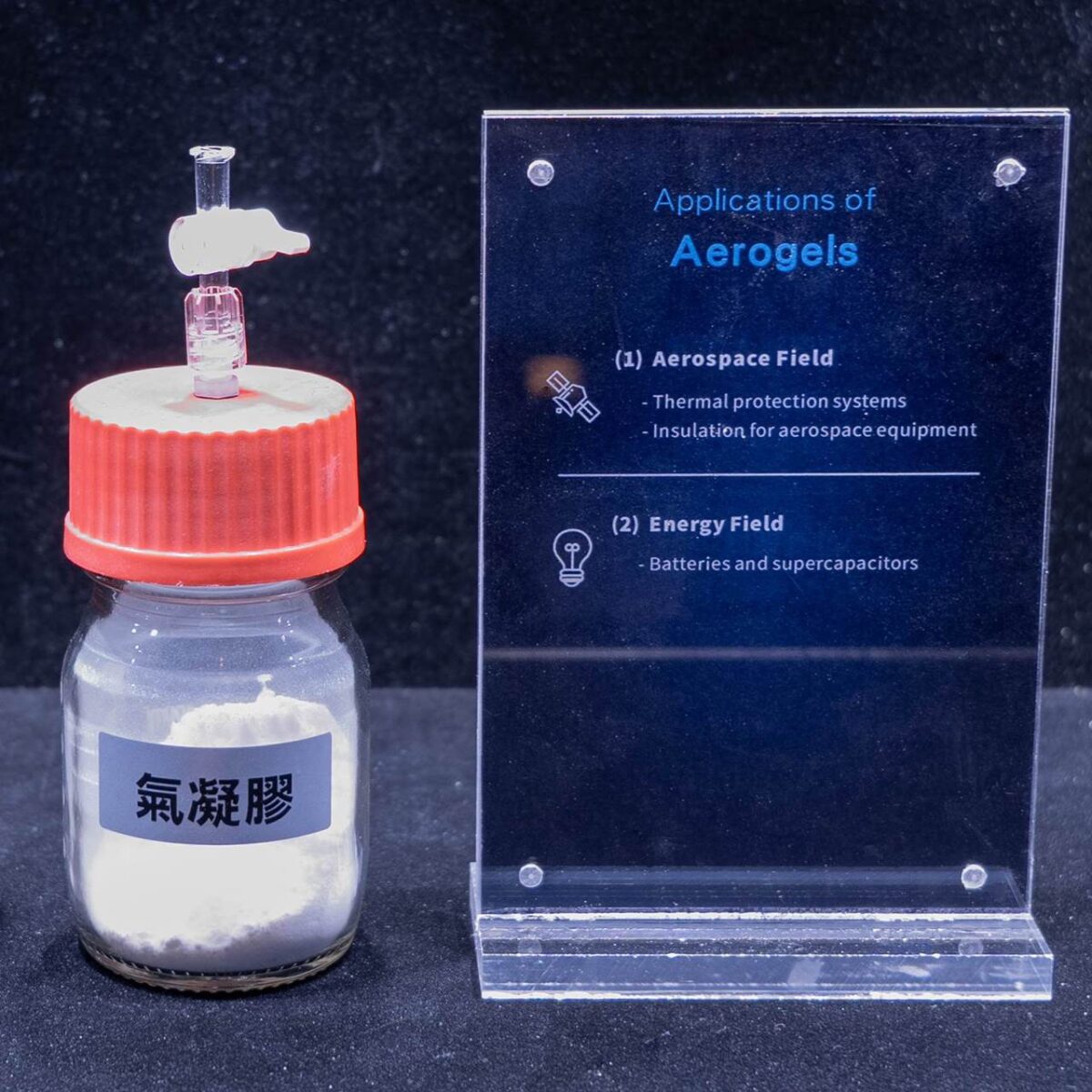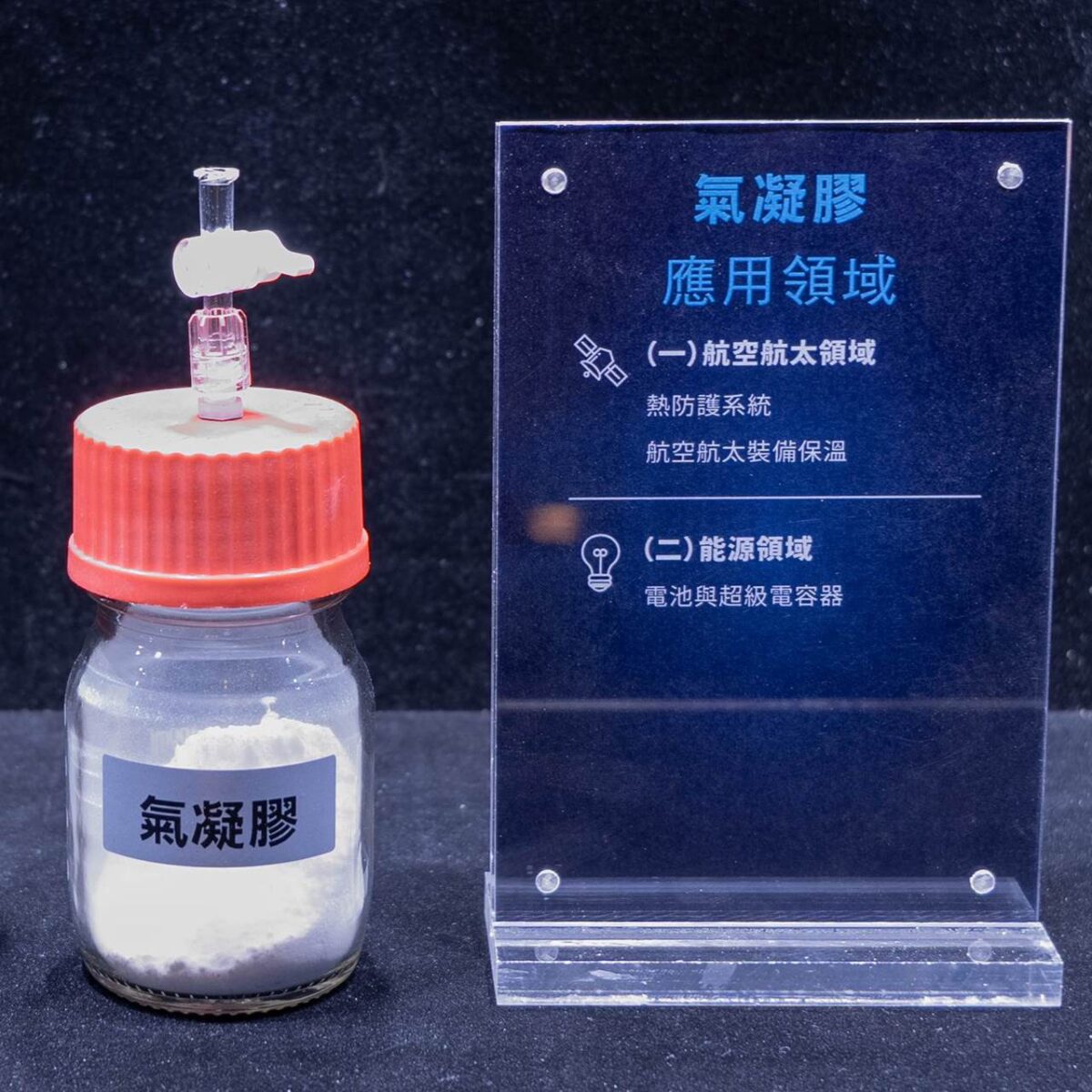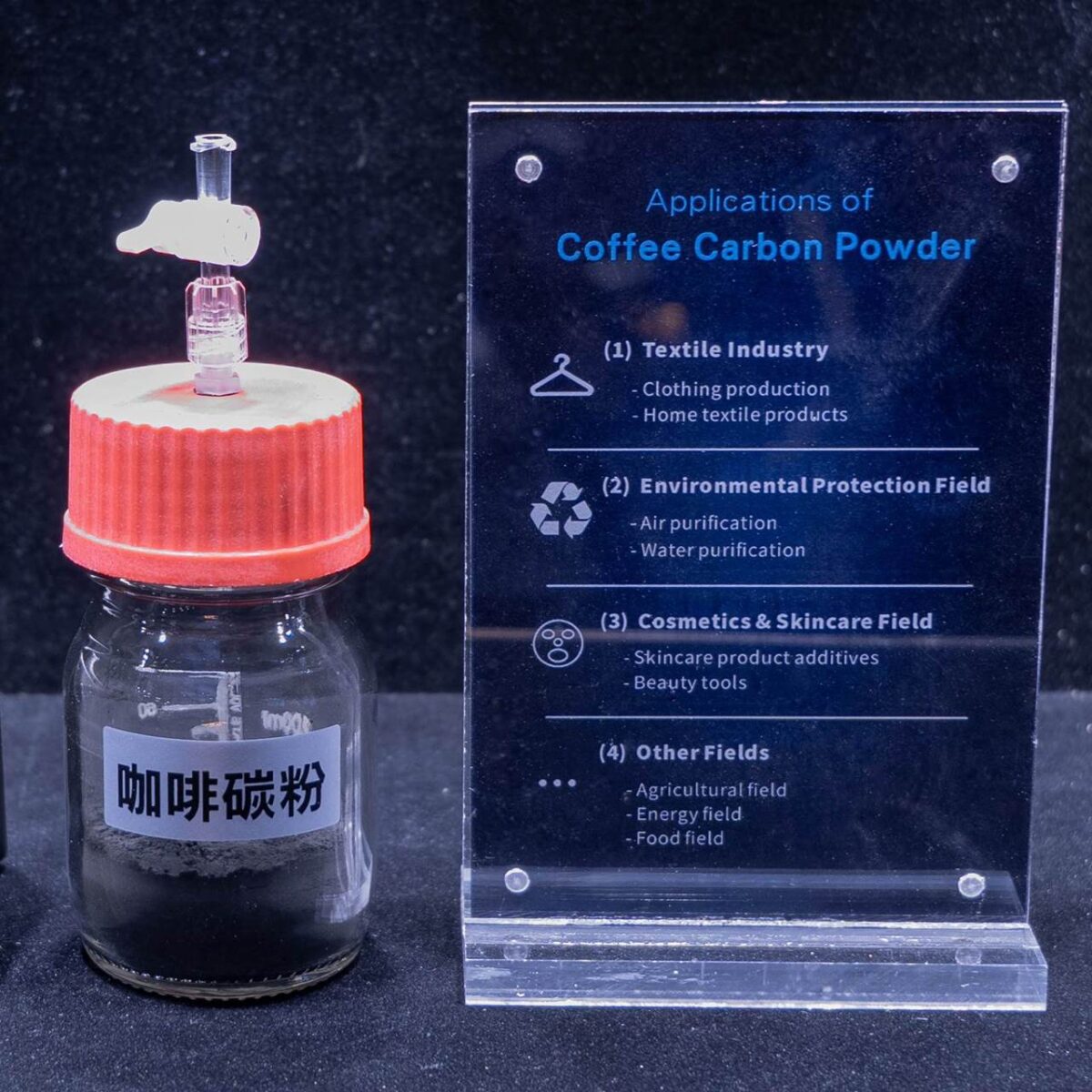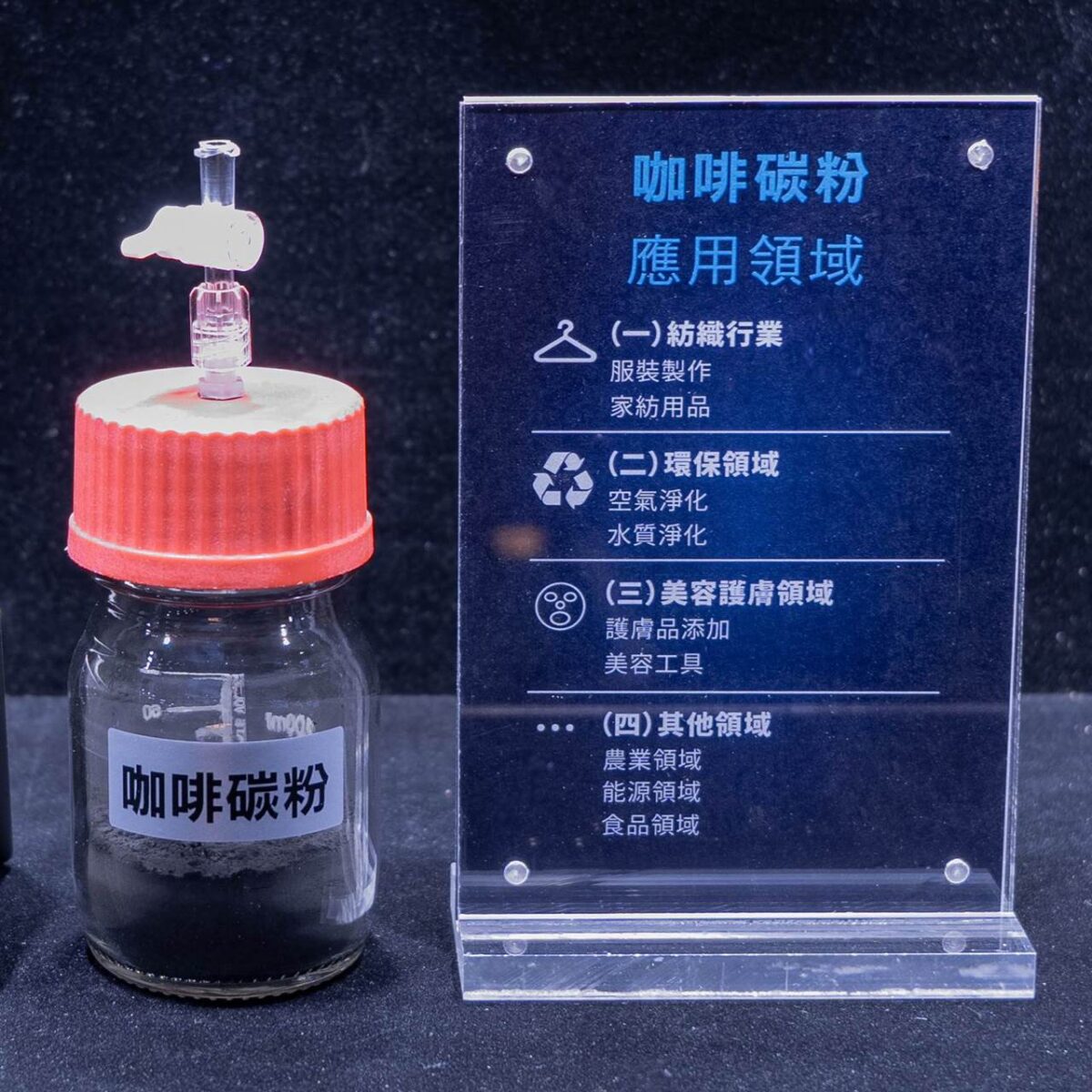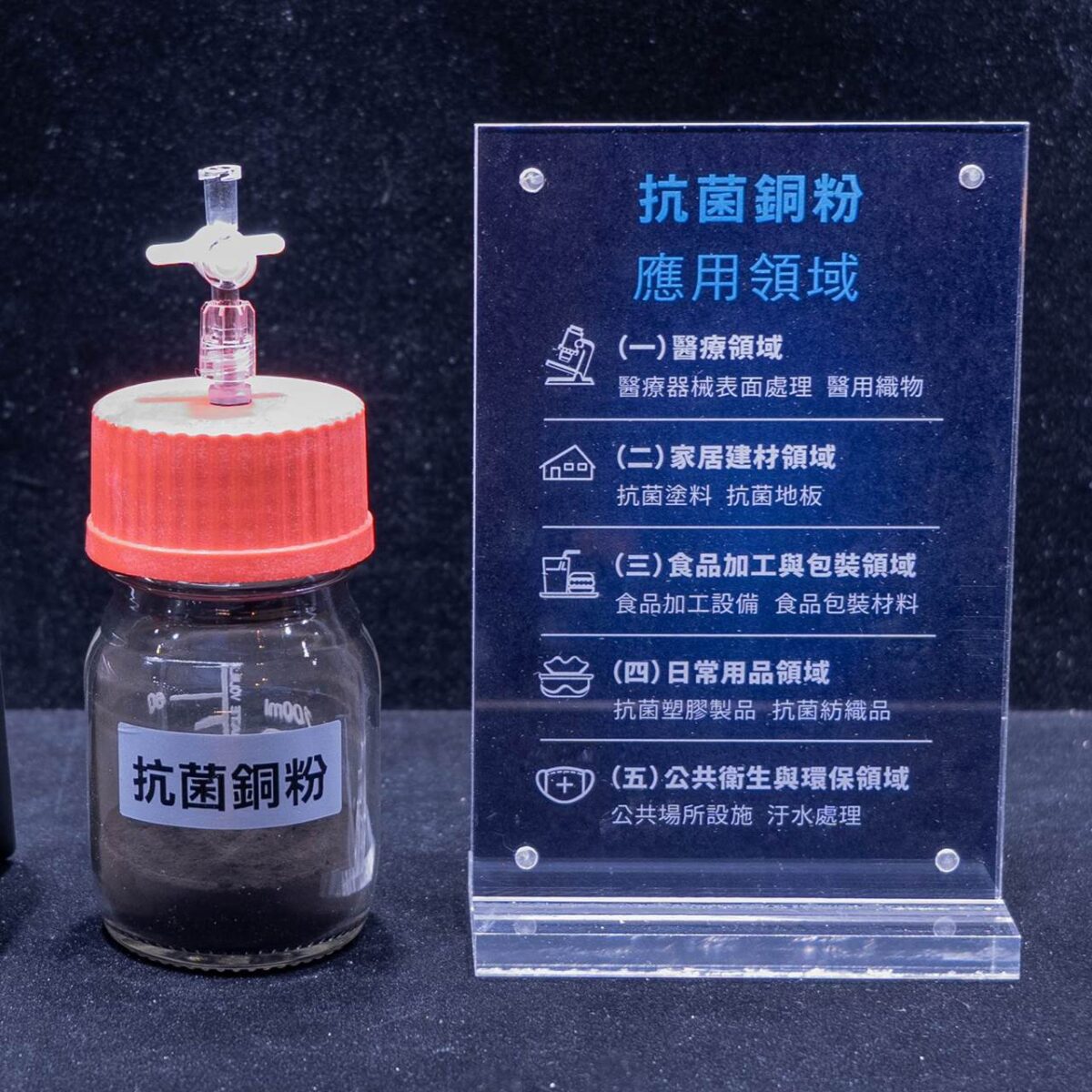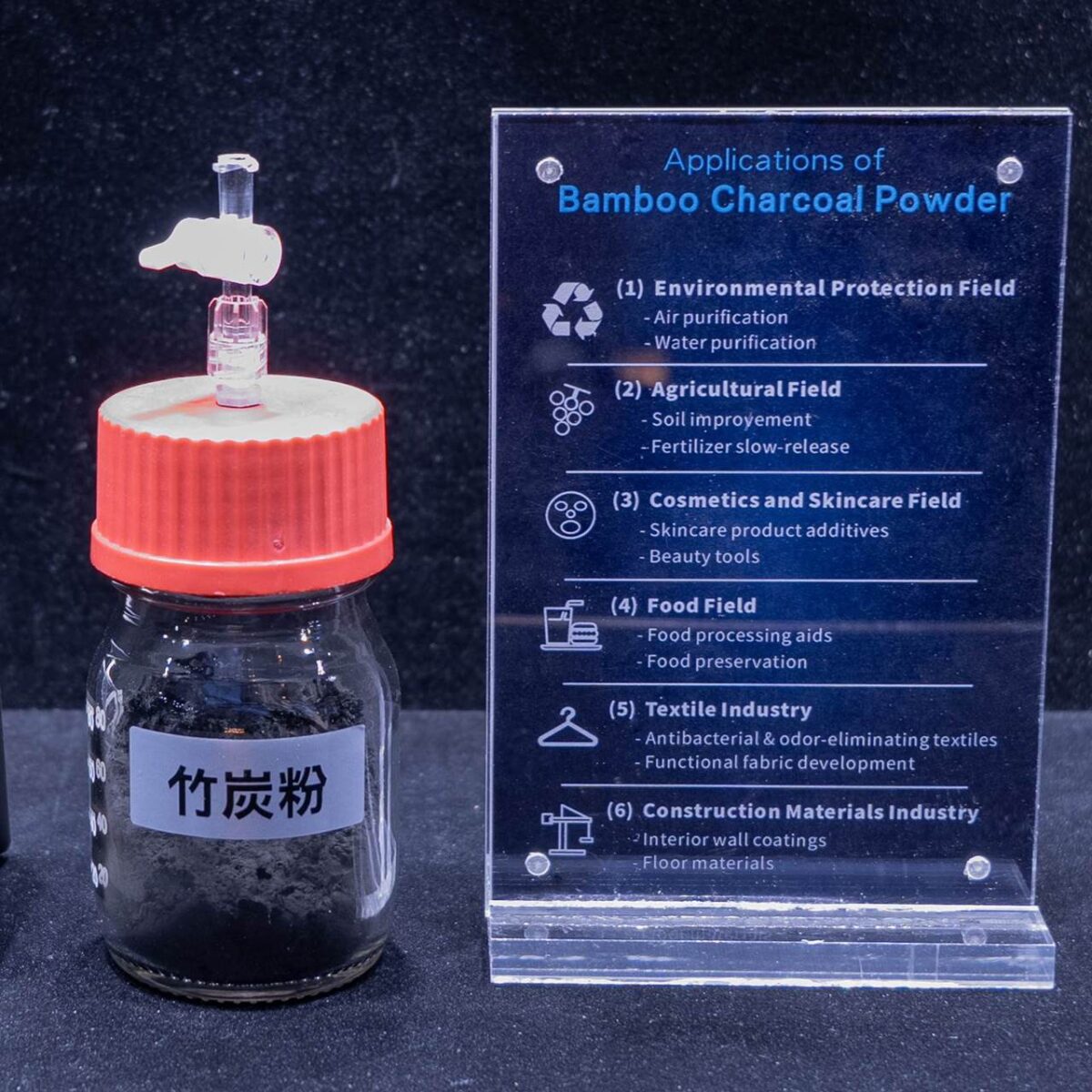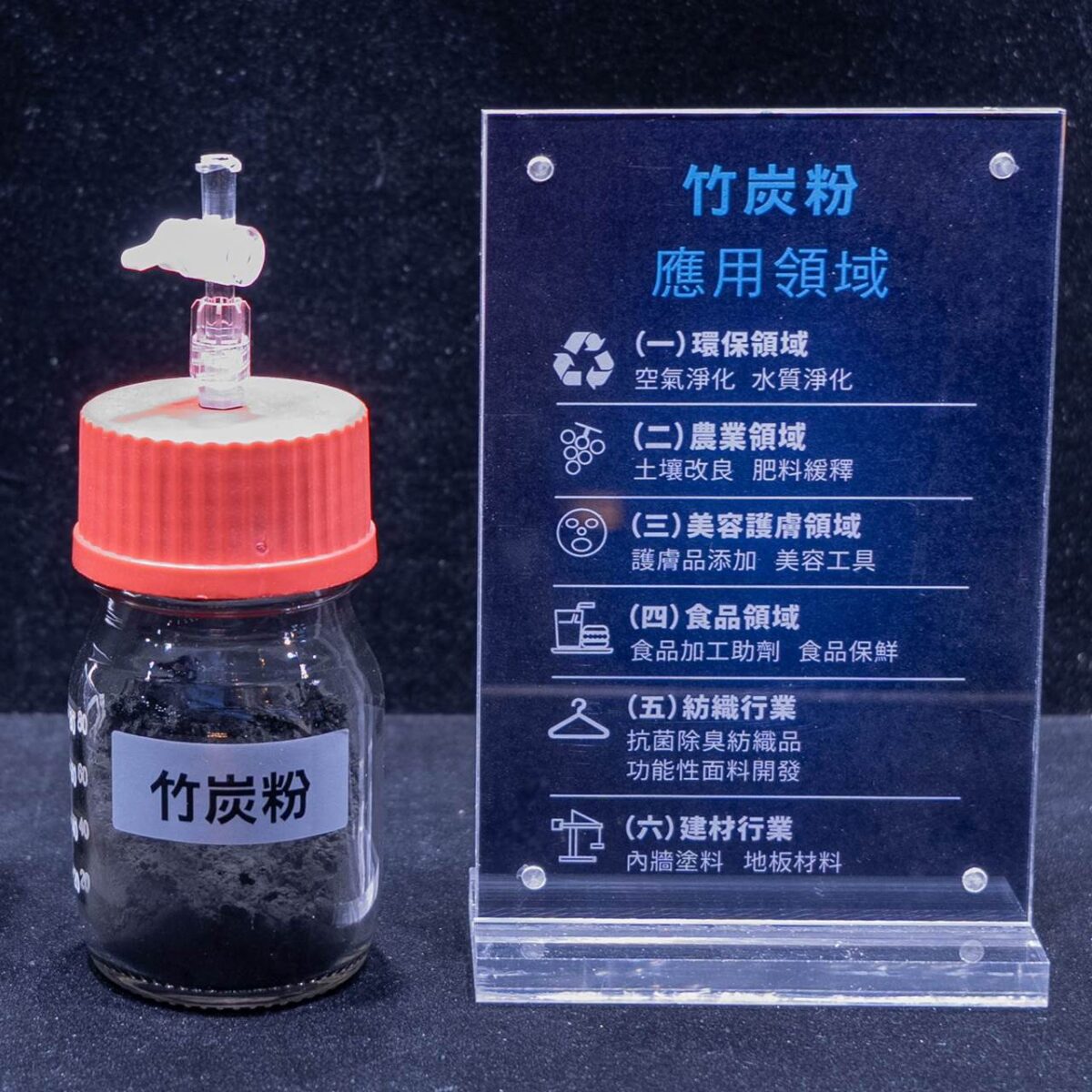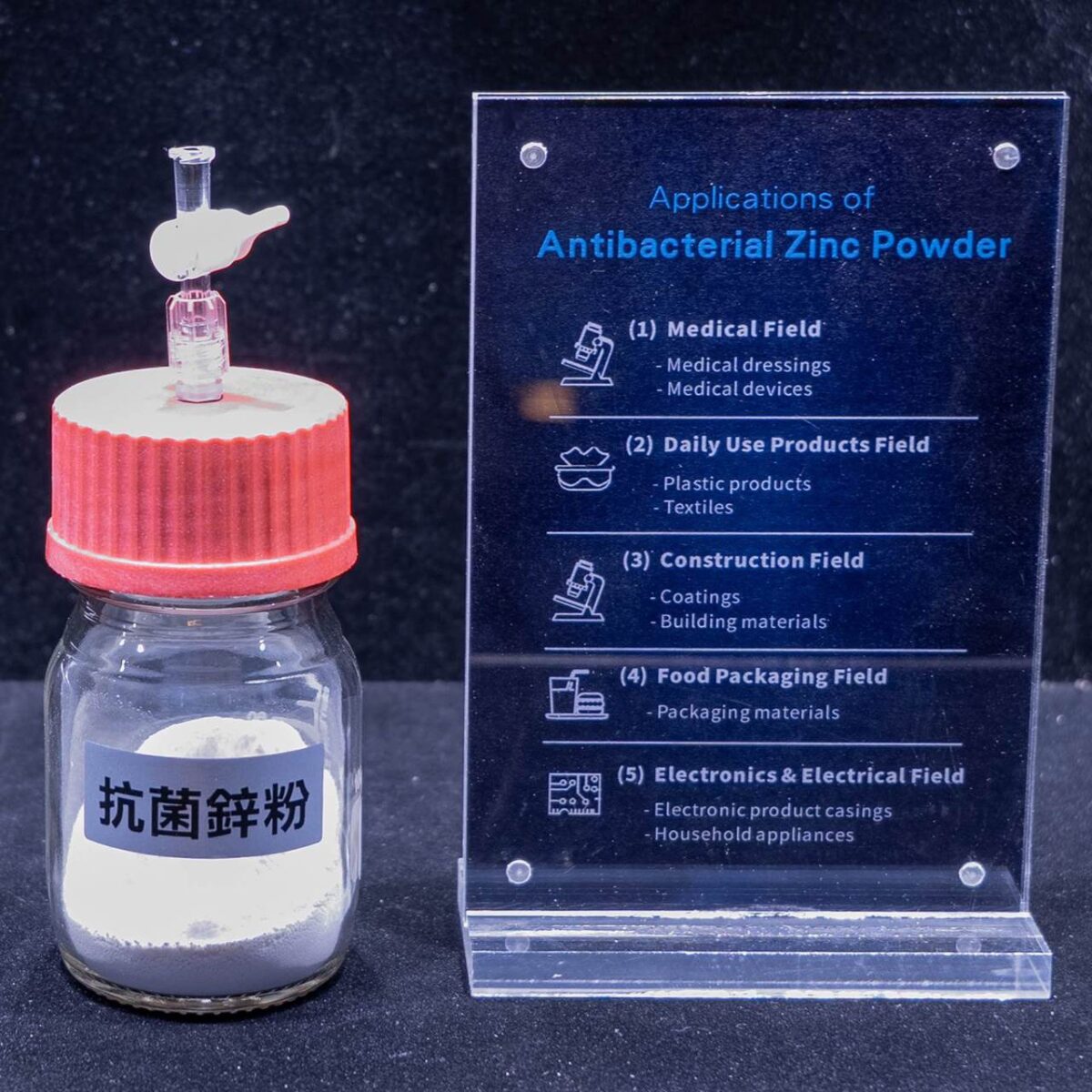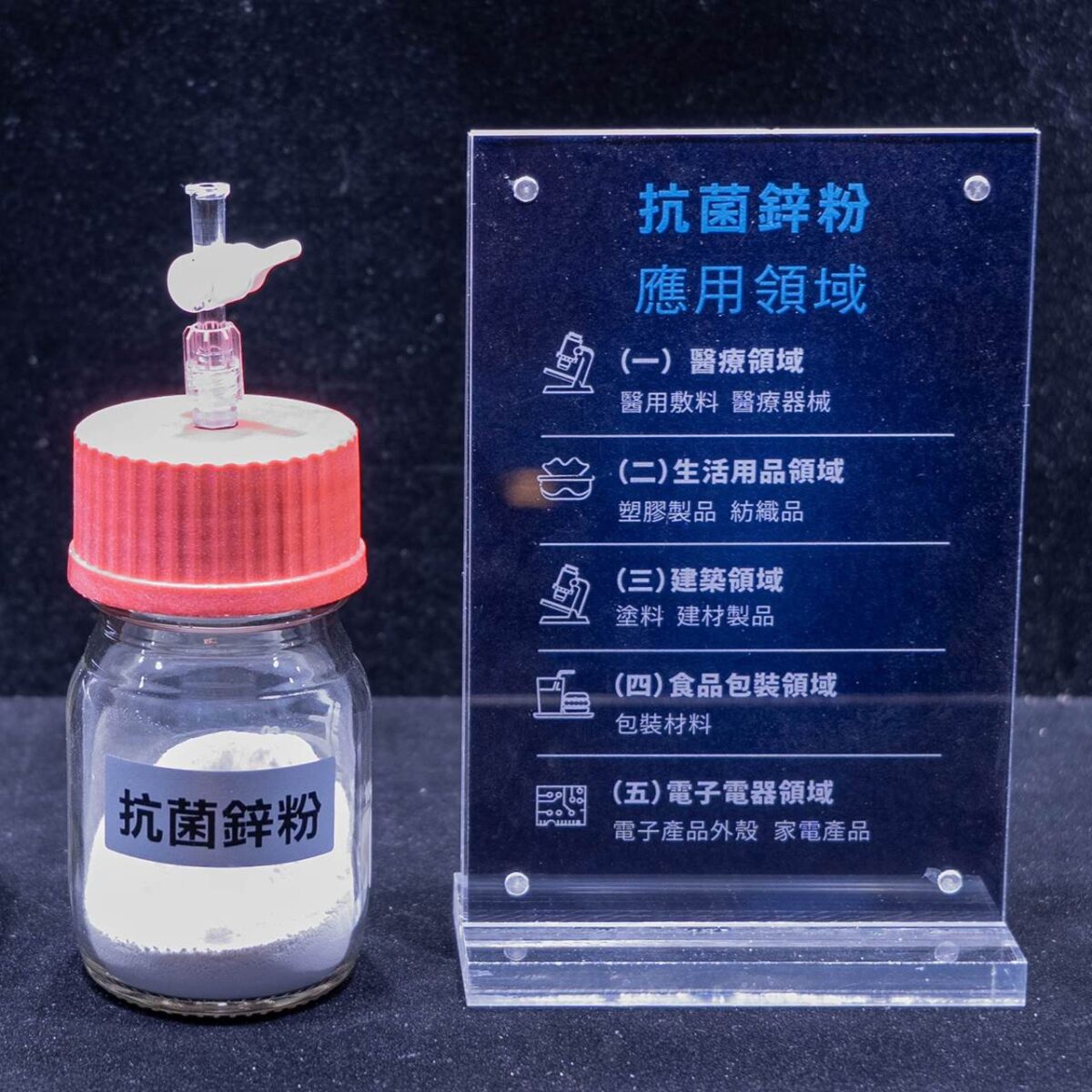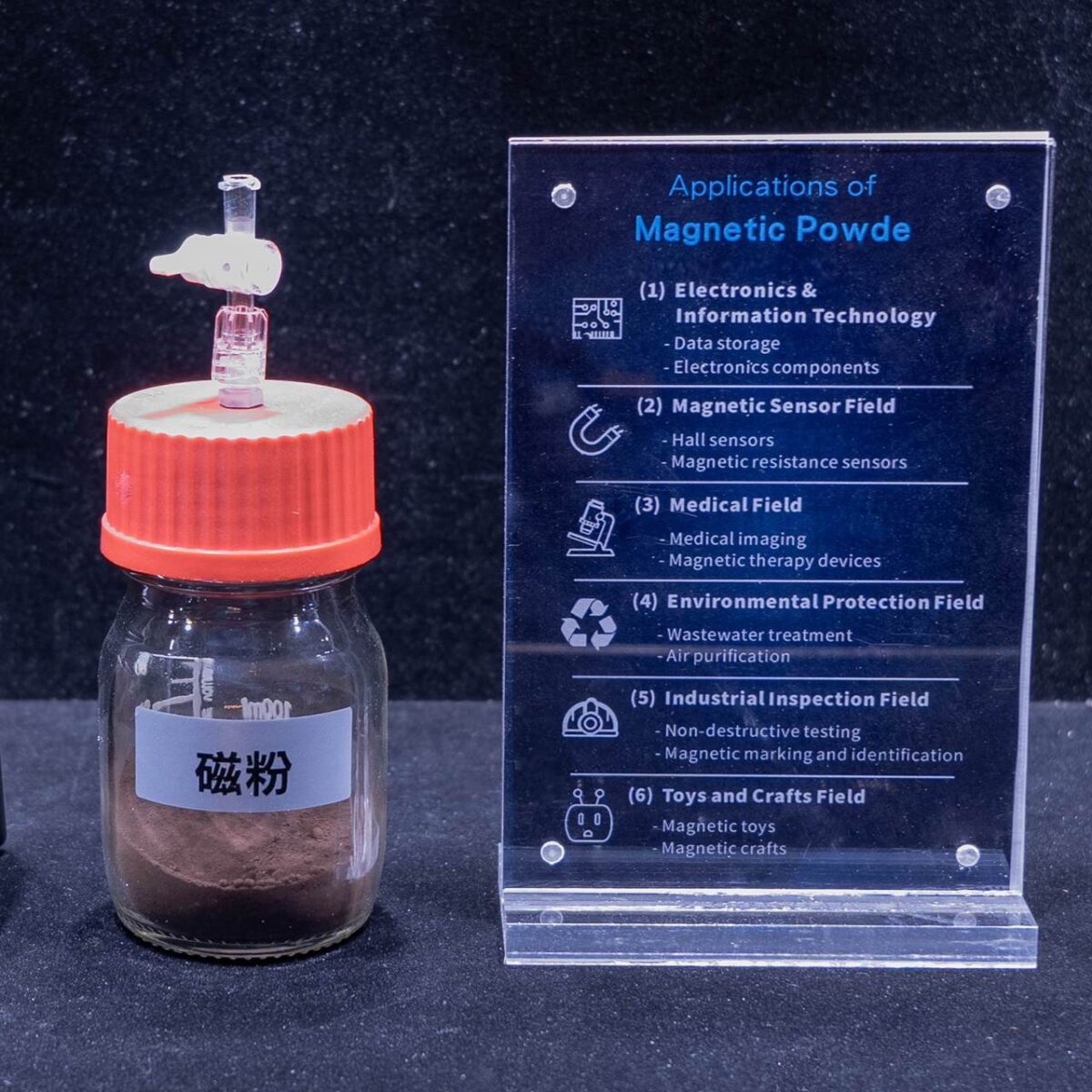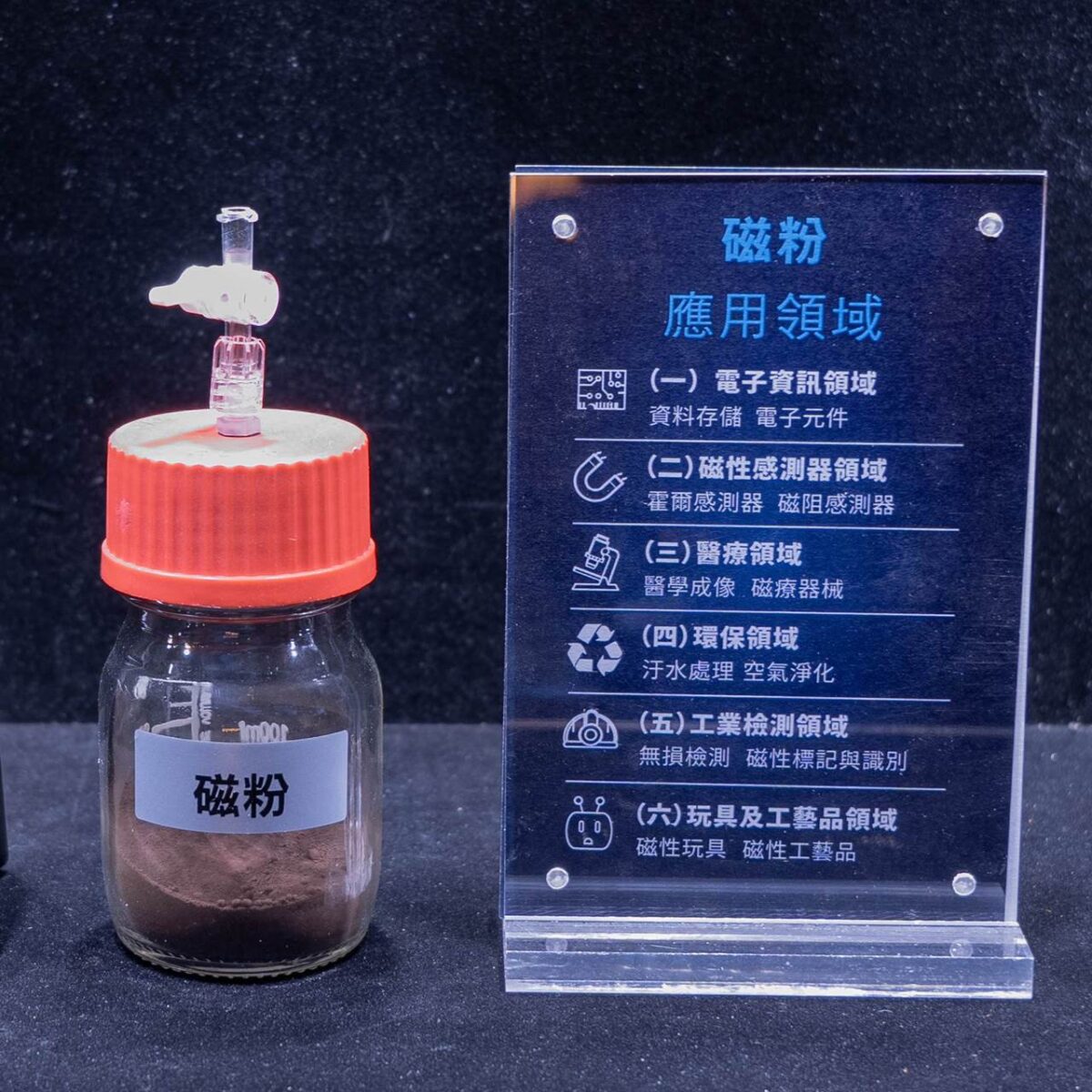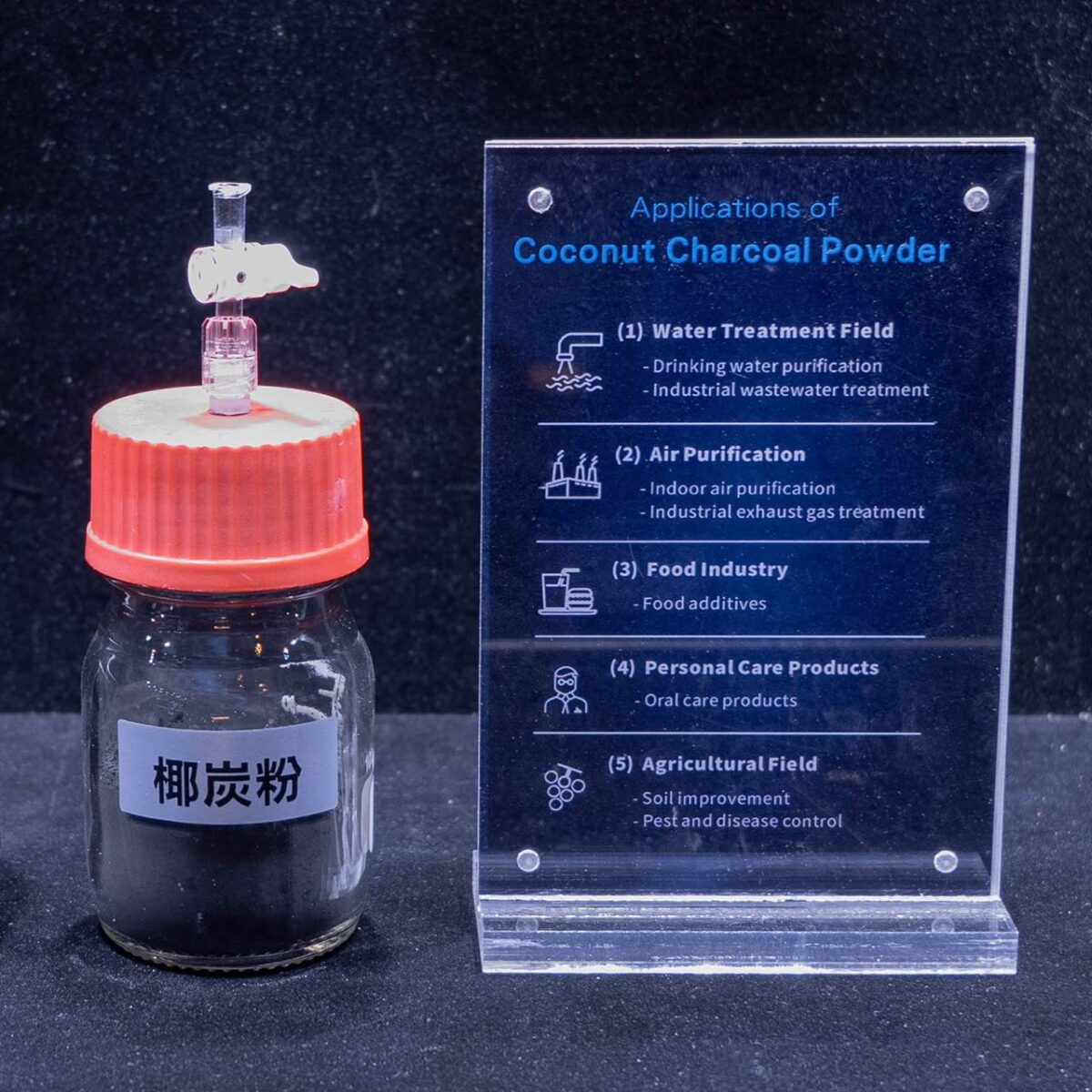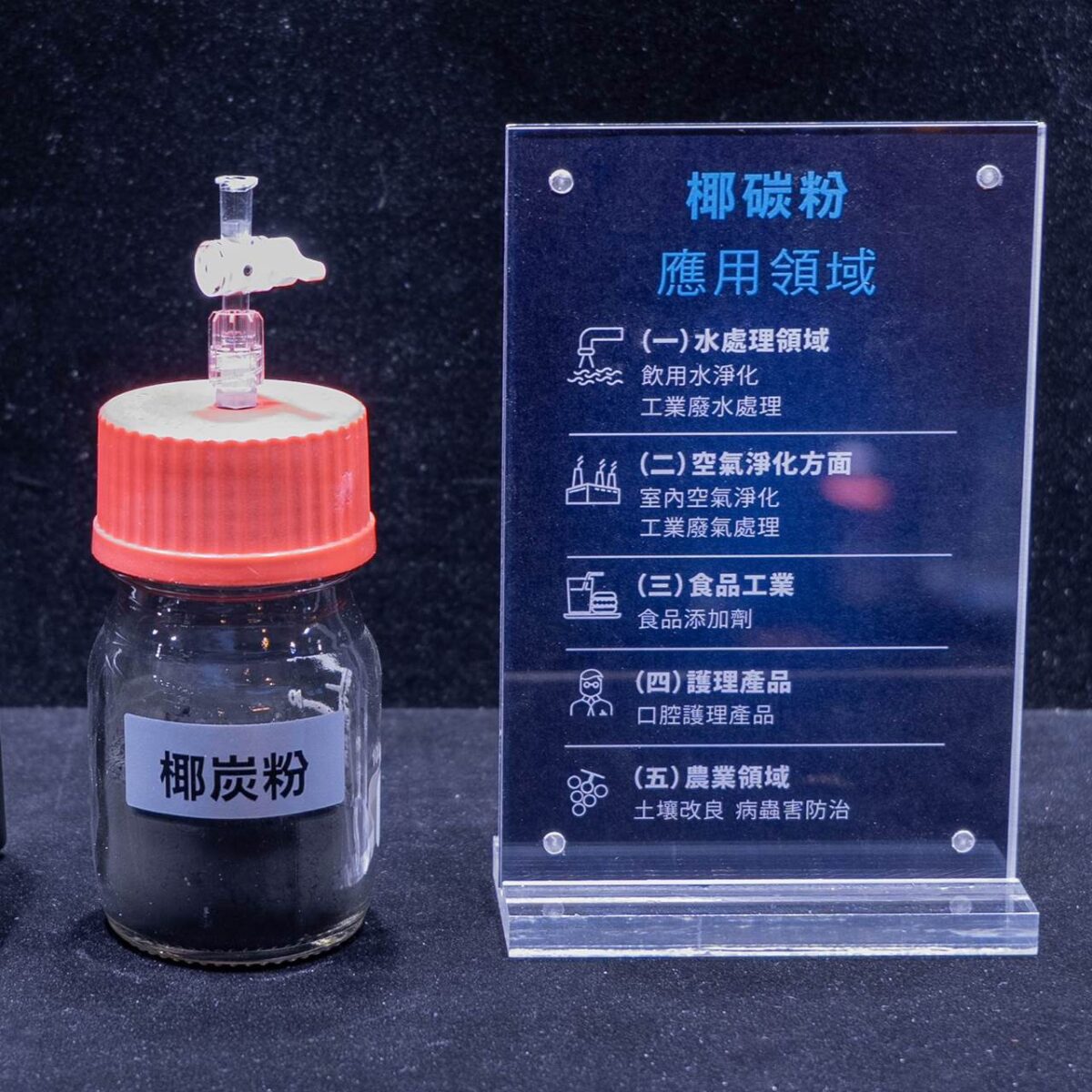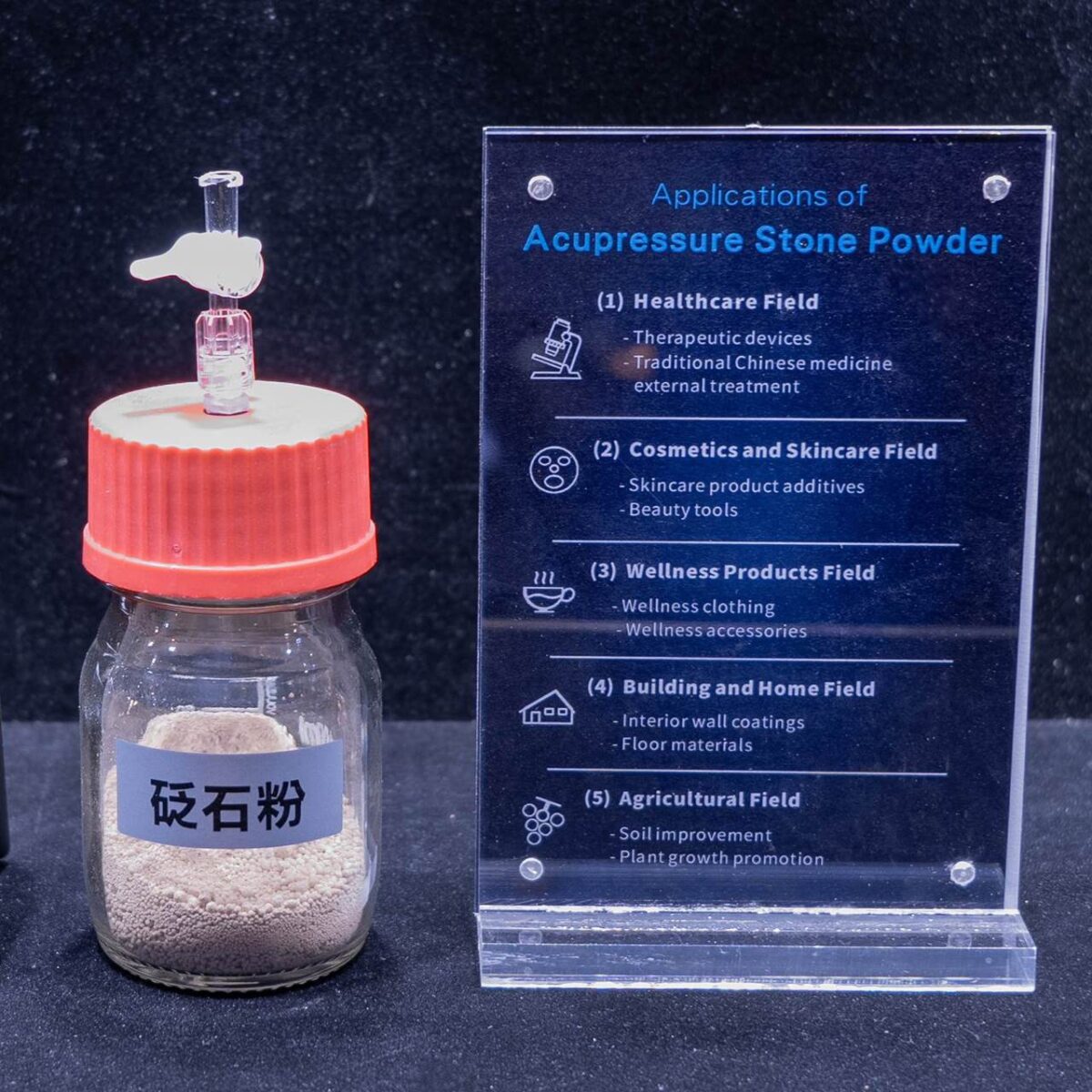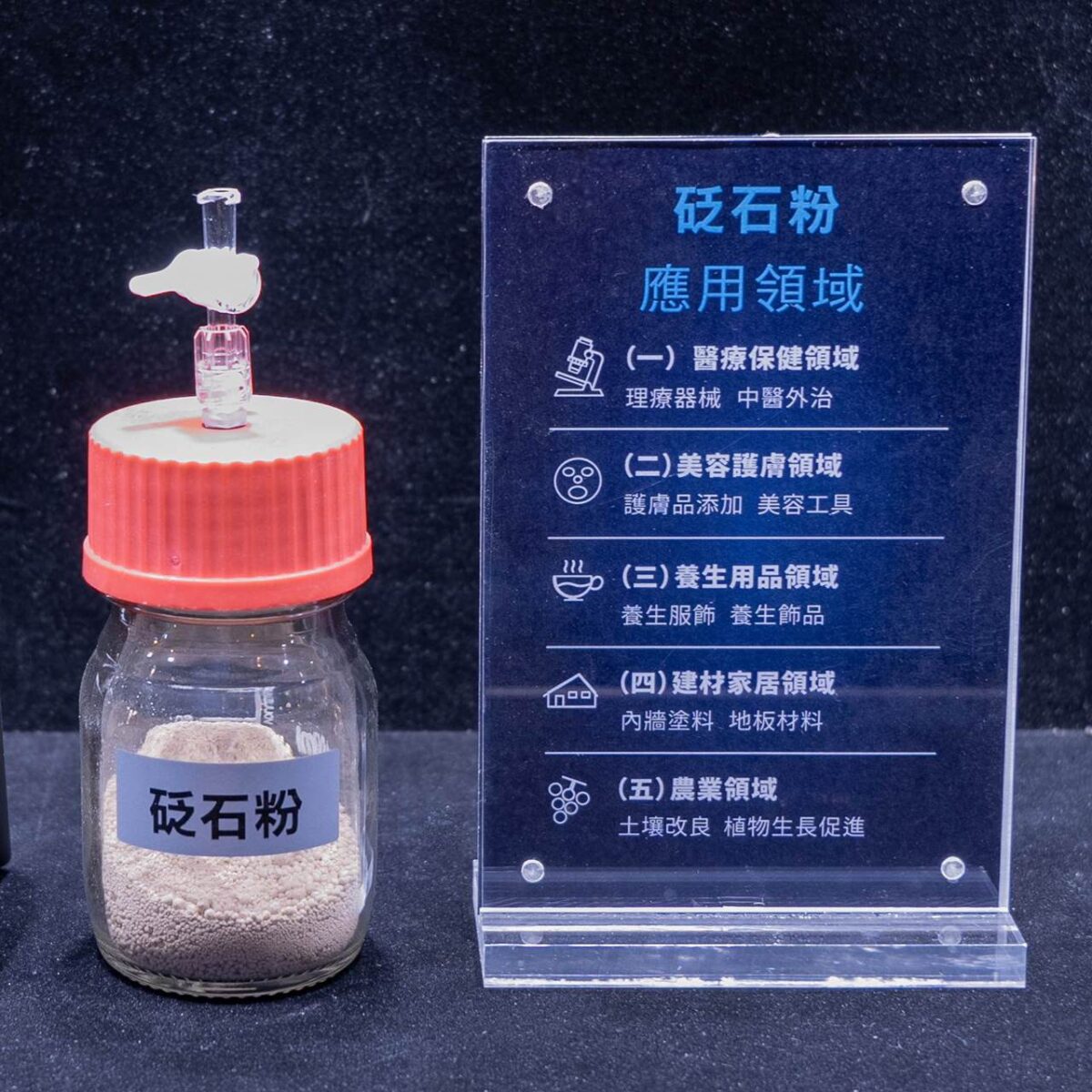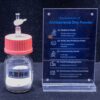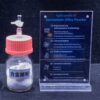Antibacterial Titanium Powder
Medical Field
Medical Device Manufacturing
It can be added to the surface coatings of various medical devices, such as surgical knives, tweezers, syringes, etc., to inhibit bacterial growth during use, reduce the risk of cross-infection caused by medical devices, and ensure the safety of medical operations. Especially for medical devices that need to be reused, the application of antibacterial titanium powder is of great significance.
Medical Implant Materials
Used to make medical materials implanted in the human body, such as artificial joints, bone nails, dental implants, etc., it can not only provide good biocompatibility and mechanical properties but also reduce the chances of infection at the implant site with its antibacterial function, helping to improve the success rate of implant surgery and promote postoperative recovery of patients.
Hygiene Products Industry
Antibacterial Textiles
By adding antibacterial titanium powder to textile fibers, antibacterial clothing, bedding, towels, and other products can be produced, which can effectively inhibit the growth of common bacteria on clothes, reduce problems such as odors and mildew caused by bacterial reproduction, and provide a healthier and more comfortable wearing and using experience for people, especially suitable for products such as underwear, sportswear, and hospital patient gowns.
Hygiene Wipes and Tissues
Adding antibacterial titanium powder in the production process of wipes and tissues gives them antibacterial functions, which can be used to wipe the skin, surface of objects, etc., and can kill or inhibit bacteria while cleaning, with wide application value in daily life and some special hygiene protection scenarios.
Home Building Materials Field
Antibacterial Coatings
Mixing antibacterial titanium powder as an additive into building coatings, after brushing on walls, furniture surfaces, etc., can exert long-term antibacterial effects, effectively inhibiting the growth and reproduction of microorganisms such as mold and bacteria on the wall surface, avoiding phenomena such as mold and discoloration of the wall, maintaining the cleanliness and hygiene of the indoor environment, and also helping to extend the service life of coatings.
Antibacterial Flooring
Applying antibacterial titanium powder in the production of floor materials such as wooden floors and tiles gives the floor surface antibacterial capabilities, reducing the growth of bacteria and mold on the floor. Especially for families with children, the elderly, or people with low immunity, as well as public places such as hospitals, kindergartens, and nursing homes, it can create a healthier floor environment.
Food Packaging Industry
Food Packaging Materials
Adding it to plastic, paper, and other food packaging materials, using its antibacterial properties to inhibit the growth of microorganisms such as bacteria and mold on the surface of packaging materials, preventing food spoilage caused by microbial contamination, extending the shelf life of food, ensuring the quality and safety of food during storage and transportation, and meeting the strict requirements of food packaging for hygiene and freshness.
Electronic and Electrical Field
Electronic Product Enclosures
Using antibacterial titanium powder in the manufacturing of enclosures for electronic and electrical products such as mobile phones, computers, and remote controls, can give the enclosure antibacterial functions, reducing the number of bacteria people meet during daily use. For electronic products that are often touched, it helps to maintain good hygiene conditions and reduce the risk of bacteria spread.

